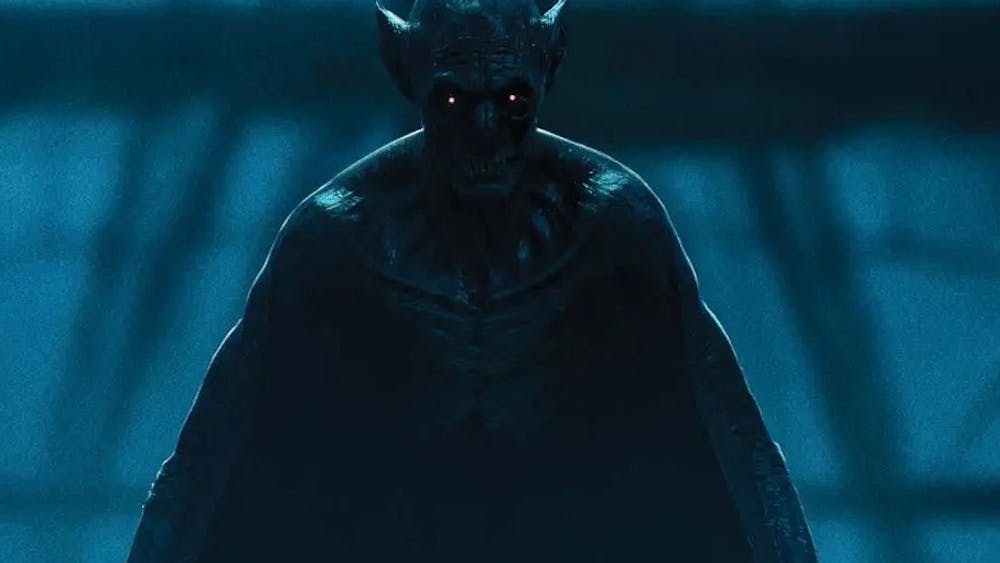Tonight's opera looks to be a very interesting one indeed. "Les Contes d'Hoffman" (The Tales of Hoffman) by the 19th-century French composer Jacques Offenbach, tells the story of essentially a man who tells stories. \nStage director Vince Liotta, described it as "A set of three one-act plays between the 'bookends' of the prologue and epilogue." The prologue begins with Hoffman's narration of the three love stories of Olympia, Antonia, and Giulietta. The opera then ends with Hoffman's epilogue.\nAs with any opera, the main ingredient is its music. Imre Palló, a music professor at IU, will be conducting the show. \nPalló described the music as "the Offenbach that we know and love at his best." He said that although Offenbach is known mostly as an operetta composer, this is his deepest, well-written and well-thought-through work. \n"It is a very difficult piece to play," Palló said. "It taxes everybody, but we hope to do it justice." \nDespite its difficulty, Palló had much praise to offer. The single word he chose to describe the music was "elegant."\nLiotta had much insight to offer about the opera's difficulty. \n"Since it's not a single story, you can't just rehearse it beginning to end," he said and to this he added the difficulties involved in having cast members play multiple parts. "It's had getting them to actually be different people." \nBut despite its difficulties, such a complex plot has its advantages. \n"It offers a different feeling and mood in each act," Liotta said. "And offers more variety in one evening."\nAnother major difficulty encountered by the cast was the language. "The Tales of Hoffman" will be performed in the original French. "French is a notoriously difficult language to sing in," Liotta said. "It is the hardest language in the world to sing, so we had a French language coach for the cast members." Why, one wonders, do they perform it in such a difficult language, then? As Liotta explained, "the audience gets to hear the language combining with the music as the composer imagined it. It would add more force to the music."\nA third major force in putting the production on stage is C. David Higgins, the designer. As with Palló and Liotta, Higgins faced many difficulties in his area of interest. "The stage mechanics of "The Tales of Hoffman" are very complex. There are many special effects and lots of stage business involved, but the end result is impressive." The scenery for the prologue and epilogue is very realistic and in the "grand style of 19th-century operas." But since Acts 1-3 are the stories Hoffman is telling, the stage design in them reflects a more dreamy, colorful and fantastic quality. One especially intriguing effect is the scene change from the prologue to Act 1. This is when Hoffman begins fantasizing as the clouds of love swirl around him to completely engulf the stage and reveal the next scene when they dissipate. It is elements like these that make Higgins look forward to the grandeur of the performances.\nThere was much difficulty to be surmounted on all parts if the opera is to be performed properly, but everyone feels confident that the IU opera theater can pull it off with flying colors. \n"I expect it to be like a well-rehearsed theatrical performance," Liotta said. \nAll parties agreed that everyone has put in much effort that has paid off. But perhaps the best encouragement to see the opera itself comes from Higgins: "If you've never seen an opera before, this one should be your first because it's easily accessible for all ages. It has beautiful music, lots of change, and an engaging story"
Offenbach opera 'Tales of Hoffman' opens tonight
Get stories like this in your inbox
Subscribe





